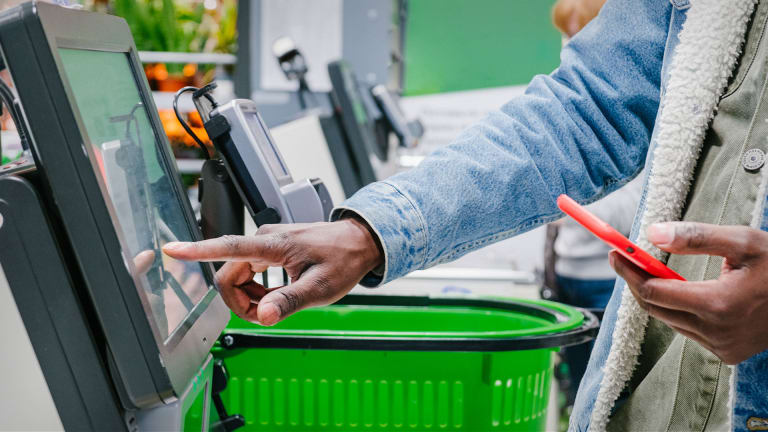A customer’s visit to a store will frequently involve a request to round the charge for a customer’s purchase up to the next highest even dollar amount.
So a charge of $19.50 is rounded up to $20 and the $.50 difference goes to charity. The round-up charge is often set to repeat for that individual customer’s every visit to the store by associating a “yes” or “no” for the purchaser’s preference on whether or not to implement the donation.
It is generally assumed by managers and owners that stores participating in these “checkout charity” arrangements enhance their reputations with customers. A business seen as caring about making donations to those in need ought to be considered compassionate and be viewed as a benevolent player in the community.
Another assumption is that it makes purchasers feel good about themselves when making small donations on a regular basis.
Making Customers AnxiousBut a new study suggests a different effect on customers: increased stress.
“Asking customers to support a cause when they pay for stuff can heighten their anxiety,” wrote The Chronicle of Philanthropy in a brief summary of the study. “Contrary to the common belief that shoppers feel good about making donations at checkout, we have found that there is a downside to such charity campaigns.”
In the study, shoppers were asked to explain how they felt upon being asked to make these checkout donations.
“About 40 percent of the words that these customers used expressed negative feelings associated with anxiety such as ‘pressured,’ ‘annoyed,’ and ‘concerned about being judged.'” the summary said. “Another 7 percent of the words conveyed other negative sentiments, including ‘guilty’ or ‘bad.’ The rest were neutral, such as ‘indifferent.’ Only about 20 percent of the words participants in these interviews used to describe their feelings were positive, such as ‘nice’ or ‘compassionate.'”
With high gas prices–and inflation reaching its highest levels in 40 years this summer–it’s no doubt tough economic conditions also contribute to customer uneasiness when repeatedly being asked to spend more money.
“Retailers and restaurants may want to weigh the risks before deciding to participate in these campaigns,” the publication wrote.”
Interestingly, the study concluded that when a request for a charitable donation was made by a person, rather than a machine, evidence of stress was not as strong.
“We also found evidence that this anxiety can be relieved when customers agree to donate, but only when the solicitation comes from a cashier, as opposed to an automated request made by a computer or self-service checkout machine,” the summary said.
The Small Donations Add UpCheckout donations in the U.S. raised $605 million for various charitable organizations in 2020, demonstrating that the small donations done on a mass scale can amount to impressive amounts of money.
Contrary to a common popular belief, the businesses receive no monetary benefits as they raise money in this fashion for charitable causes. A false claim assumes a store can write the customers’ donations off when it files its taxes.
“The notion that stores prompt customers to give to charity in order to sweeten their own tax returns is misguided,” said Renu Zaretsky, a writer at the Urban-Brookings Tax Policy Center, in an Associated Press article.
The company simply serves as a holding agent for the donated funds. Customers can add up their donations throughout the year for their tax returns, but there’s nothing in tax laws that allows stores to claim those donations.
